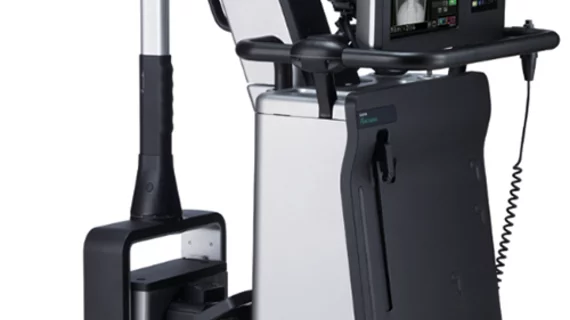Fujifilm bringing pediatric imaging solutions to SPR Annual Meeting in Nashville
Fujifilm Medical Systems U.S.A. announced Tuesday, May 15, its plan to highlight the company’s full portfolio of pediatric solutions at the Society for Pediatric Radiology (SPR) Annual Meeting May 16-18 in Nashville, Tennessee. The portfolio includes digital radiography (DR) solutions, healthcare IT solutions and more.
“Leveraging our broad experience with our pediatric provider partners we bring a holistic approach to Enterprise Imaging for children’s hospitals,” Bill Lacy, vice president of medical informatics at Fujifilm Medical Systems U.S.A., said in a prepared statement. “We specialize in the presentation of a streamlined workflow for radiologists and cardiologists, centralization and access to the child’s entire imaging history, and presenting the entire imaging record securely through the EHR with a single enterprise viewer for physicians.”
“Undergoing an imaging exam can be a daunting experience for any patient—especially children,” Robert Fabrizio, director of strategic marketing, digital radiography and women’s health, at Fujifilm Medical Systems U.S.A., said in the same statement. “Fujifilm’s refined enhancements for pediatric imaging such as low dose optimization, Virtual Grid software which further lowers dose, increases comfort and prevents grid related retakes, along with kid-friendly decals, can provide a fast, easy and safe experience to put patients and their parents at ease.”
Solutions on display during the meeting include the FDR AQRO, the FDR D-EVO II Csl, the FDR D-EVO GL and more.

